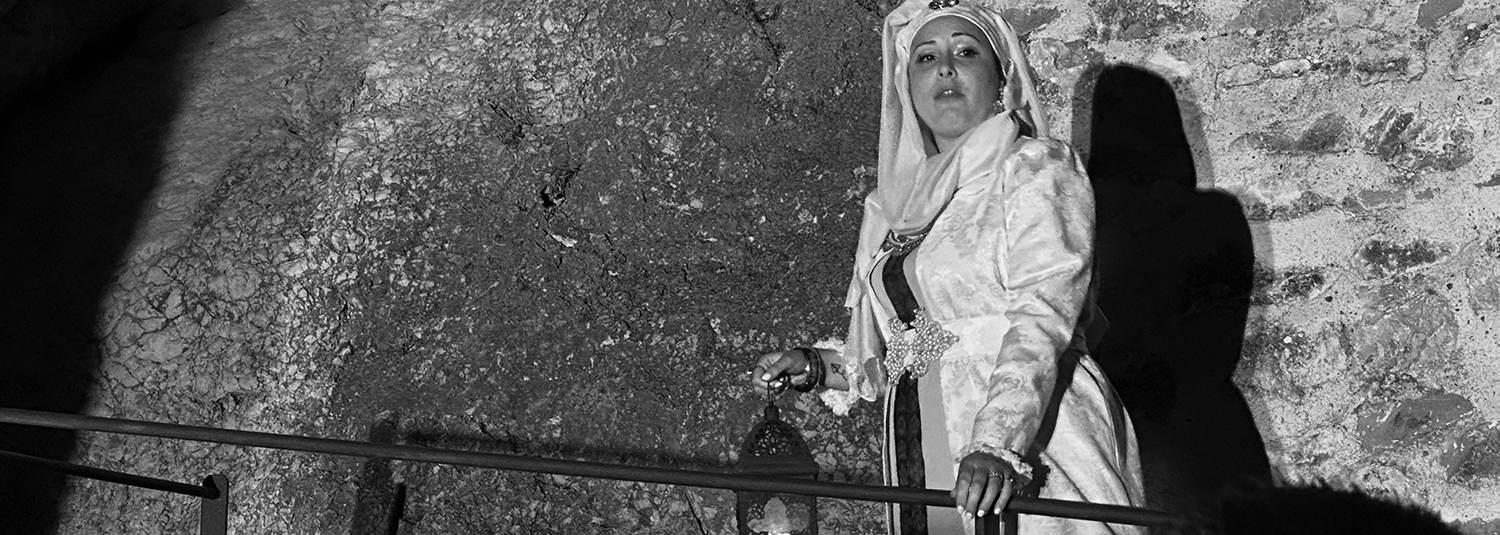Most writers realise that they could benefit from an outsider’s opinion of their work, which leads many indie authors to pay someone else to edit their manuscript. But unless both parties clearly understand what's expected, things may not go according to plan.
So, what exactly does an external editor do, and at what stage do you need one?
The whole point of editing a manuscript is to improve it: to take something raw and make it beautiful. An outside opinion can be useful at various stages of manuscript development, and both writer and editor need to be clear about what stage the work is at and what the editor is being paid to do.
There are at least four different types of editing:
Initial read and review
Reaching the end of the first draft of your manuscript is a major achievement. But the chances are that the writing is still quite raw and unpolished – and I don't just mean that there are a few typos to be cleaned up. Most experience writers realise that the so-called "first draft" may actually be no more than a testing ground to see whether the book is ever going to be viable: there may be numerous re-writes needed before it reaches its final publishable form.
But it's very hard to be an impartial judge of your own work, so it can be helpful to ask someone to read and review your manuscript and give big-picture, general opinion feedback. In this case, you would expect them to report back with an overview of strengths and weaknesses of your writing, as well as some general ideas of what to do in the next stage of writing.
It is also possible to do this kind of review before the manuscript is complete. With a well mapped out plot summary and one or two of the first chapters written, the likelihood of the project's success can be assessed.
Deep structural edit
If you want more detailed help, you may be looking for an editor who will help you make deep structural changes, perhaps changing the plot, adding or removing subplots, deleting or fusing characters etc.
This restructuring requires the ability to see the big picture, as well as seeing how all the different threads weave together. In a novel, this will mean identifying which scenes contribute to the progress of the plot, and which are simply decorative or maybe even hinder the onward movement. In non-fiction, this will be the time to identify any gaps or imbalances between sections, or any resequencing that would make the final book more engaging and provide a better reader experience.
Copy-editing
After various revisions and read throughs, your book will be as good as you can make it without further help. If you're writing a novel, the story will be strong, the plot won't have gaping holes in it and the characters will be fully rounded. For a non-fiction book, the structure will be clear, the chapters logically sequenced, and the content complete with all topics handled in a balanced way.
This is where the copy-editor plays her part. At this level of editing, changes will probably still be made to the text, but not to the overall structure. The style and register of the text is made consistent and appropriate, facts are checked – even in fiction! – and the text should emerge from this stage complete and ready for the layout artist.
A copy-editor usually follows the guidelines they are given regarding style: rather than making changes that impose their own voice or style, their edits should conform to an agreed style and register so as to maintain the writer's own voice or the specific publisher's requirements.
Proofreading
The proofreader comes in at the end of the process to review the complete text as a whole and make sure no errors or inconsistencies remain after it has been laid out. Whereas we started with big picture reviews, we are now at down to the level of tiny detail and the proof reader is looking almost as much at the visual effect of the text as at its meaning.
At this stage, of course, the text will have been read by a number of people and checked several times, so it should already be correct. Perhaps it seems, then, as if the proofreader doesn’t do very much. In fact, even the correction of small inconsistencies – single or double quotes? American or British English spelling? are there additional spaces between lines? has the font or line spacing been altered by mistake? – makes a big difference to the reader’s experience and is often what separates a professional text from the rest.

It's clear that if you need a big picture review you don't want the reviewer to spend time checking your apostrophes. And if you're at the stage when you want your manuscript proofread, you don't want the proofreader to start telling you to make changes to your characters or restructure your plot. With so many freelancers offering editorial services, it's important that you work with a professional and that both parties agree exactly what work is to be done if the project is to be successful.
The lines between the different types of editing are no longer quite as clear as they were, and both writer and editor need to know precisely which type of editing is expected. It's not enough just to commission someone to “edit” your manuscript: it’s vital that they know whether you mean them to proofread a finished text or suggest structural changes and improvements; it’s also vital that you know what you are paying for and what you can expect when the editor has finished.
In the same vein, there is a big difference between editing a non-fiction business book, editing a poetry collection, and editing a novel. While some publishing experts have wide experience across genres, they do tend to specialise, so try and find someone who has some experience in the genre you are writing.
It's also worth remembering that as a writer, you may be quite attached to your own words and any kind of correction or feedback can seem to be a personal criticism. Particularly at the earlier stages of editing, when the project itself is still a little nebulous and suggestions for changes may include killing off your darlings, you need to be working with an editor whose opinion you trust and whose advice you are willing to take, or at least consider.




Comments ()